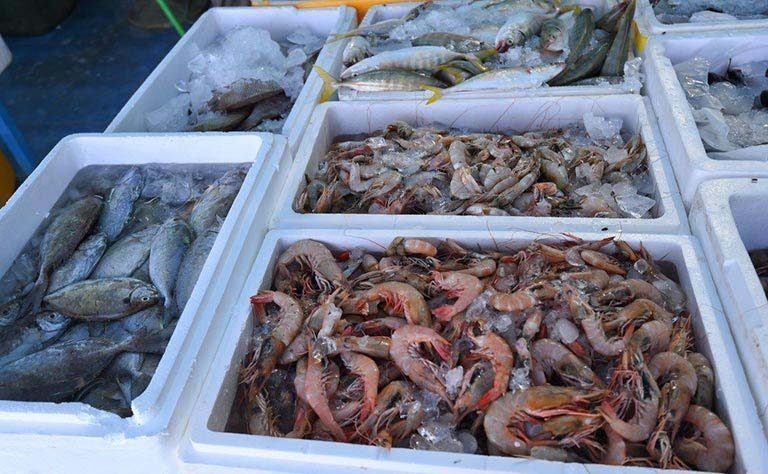
Food inspectors around Qatar have launched an intensive campaign of spot-checks on food shops and market stalls that sell fresh produce ahead of the start of Ramadan in just over a week.
As demand for fresh produce increases before the holy month, daily inspections will focus particularly on the central food market in Abu Hamour, the Ministry of Municipality and Environment (MME) said in an announcement this week.
In addition to stalls selling the produce, ministry inspectors will also be checking trucks and storage areas to ensure the food and conditions comply with health regulations.

Rotten, moldy or expired food that is deemed unfit for human consumption will be destroyed, the ministry warned.
The adjacent fish market will also be checked to ensure its compliance.
Inspections will continue throughout the month of Ramadan to make sure that food being sold is fresh, Mohamed Ahmed Al-Sayed, head of the Doha Municipality’s health control department, said in the statement.
Closures
Ministry inspectors already regularly visit cafes, restaurants, kitchens and warehouses to check if they are not violating the country’s food laws.
Erring establishments can be partially or fully shut down as a penalty, and the MME publishes basic details of the closures in Arabic on its website.
On Tuesday, the MME ordered part of the Best Western Plus Doha hotel’s bakery section in Salata to be shut for seven days. It said the fridge was storing food that was unfit for consumption and past its expiry date.
https://twitter.com/Baladiya1/status/735215335234785280
The previous week, inspectors enforced a 20-day partial closure of the Westin Hotel on Salwa Road.
A spokesperson said an out-of-date bottle of juice was found in the fridge of the Luxe Lounge, located off the hotel’s lobby.
Separately, during one week in March, more than 17 tons of rotten fruit, veg and meat from markets and shops across Qatar was destroyed after ministry teams found it was unfit for consumption.
Thoughts?







